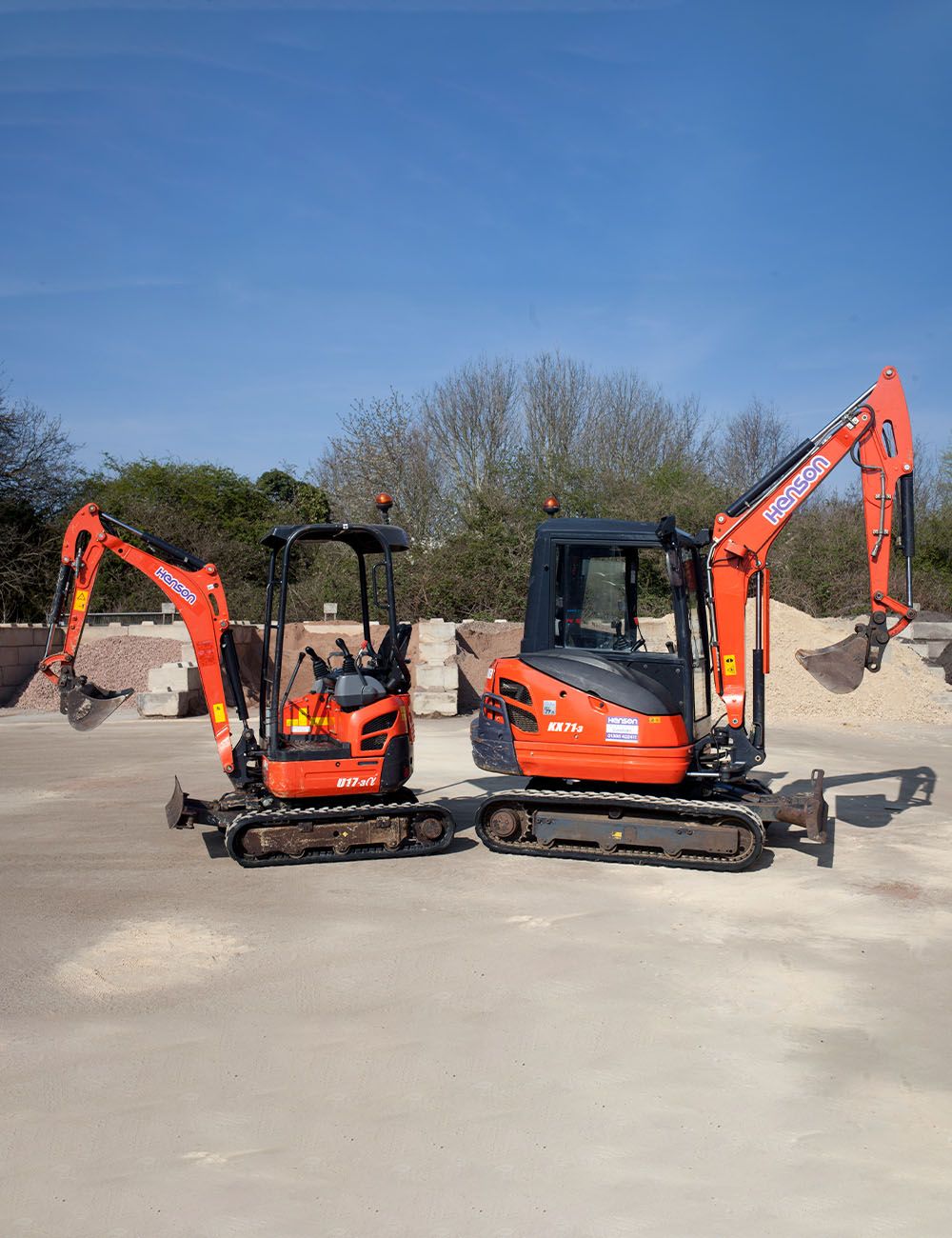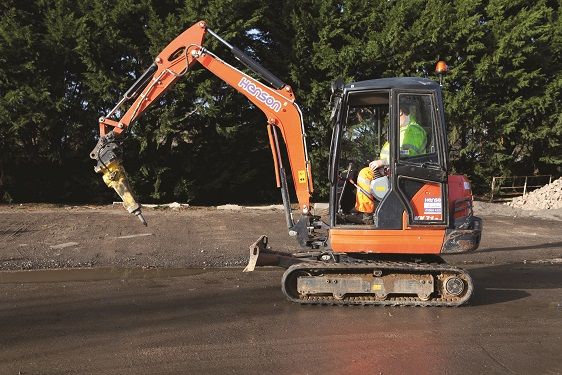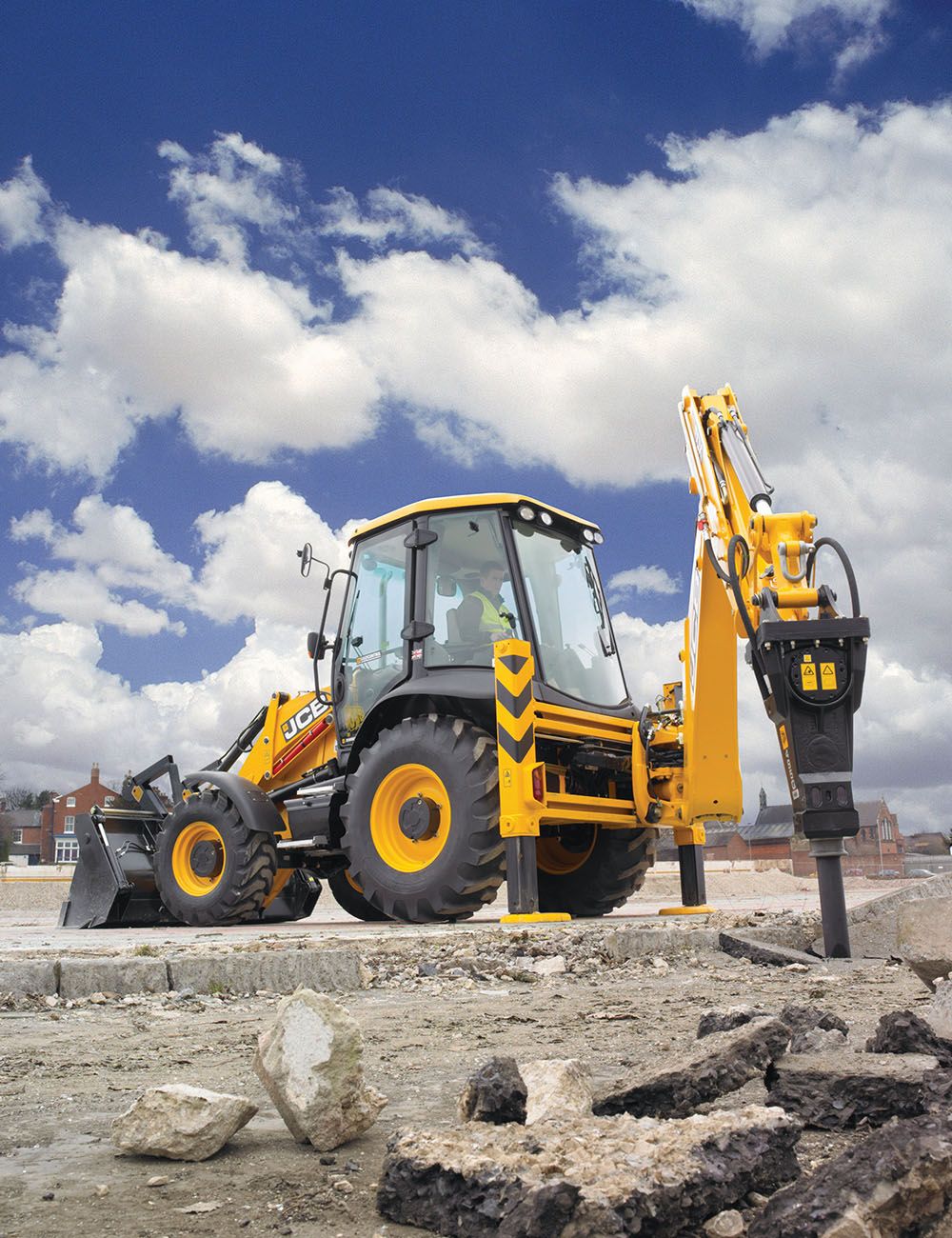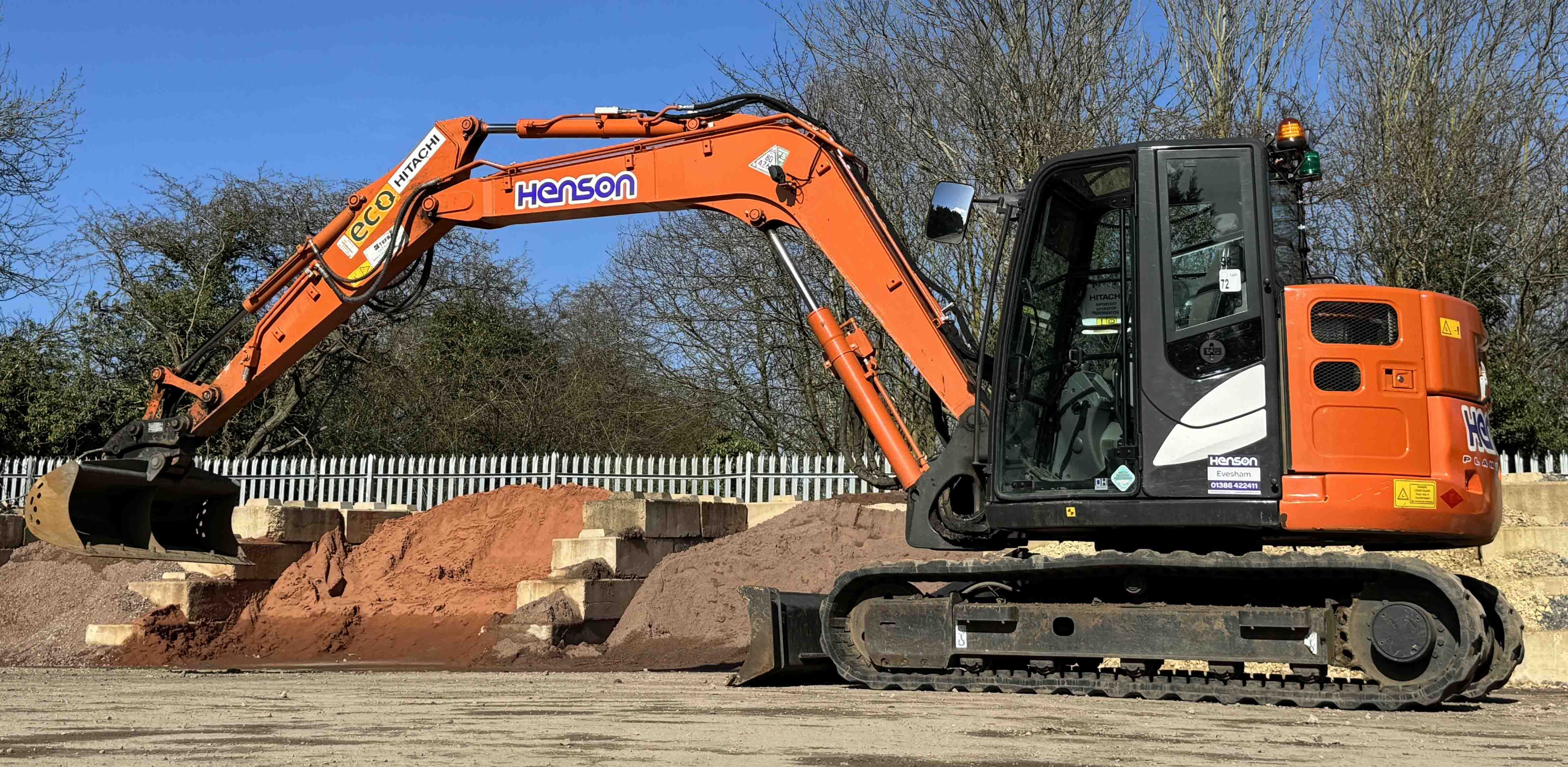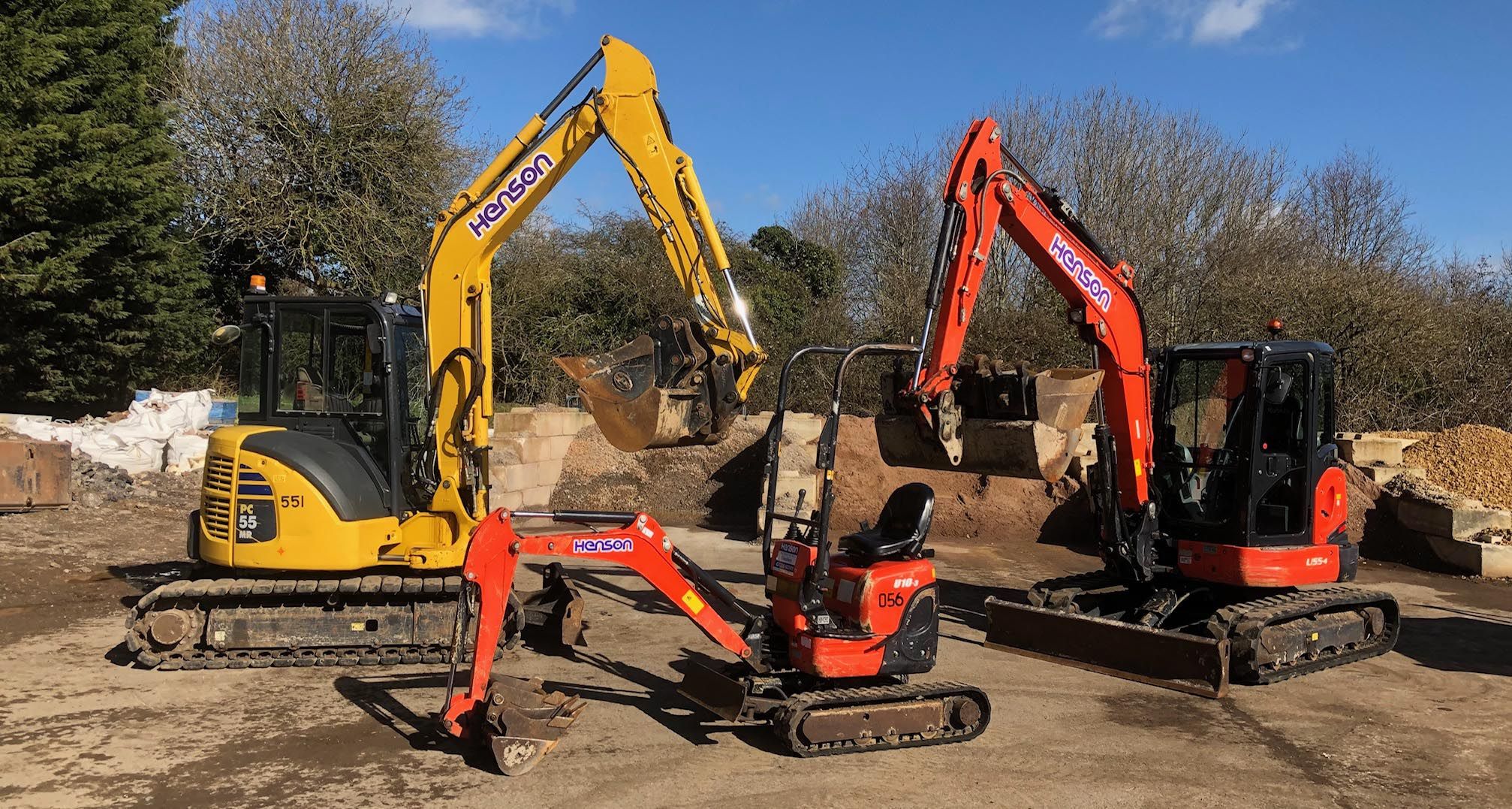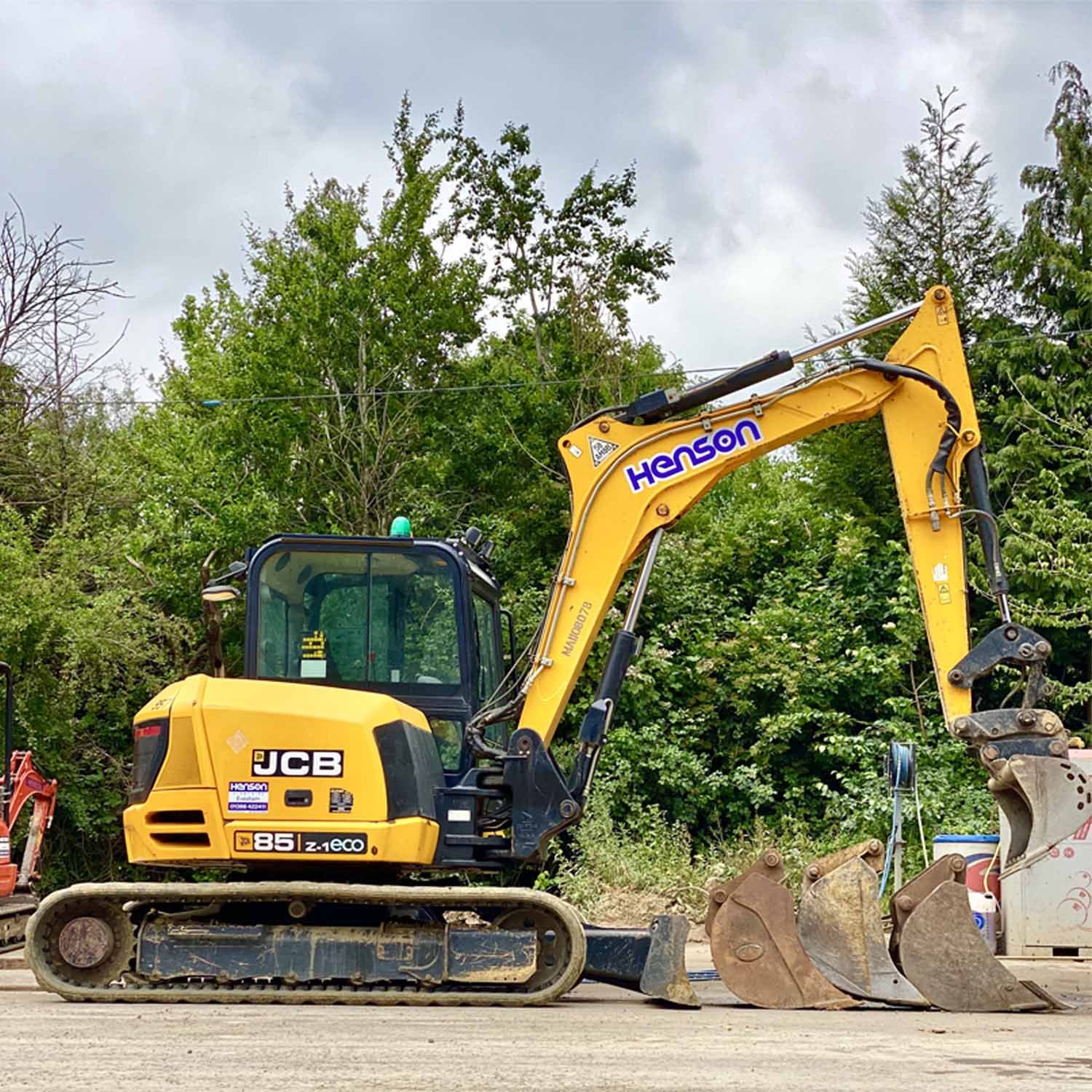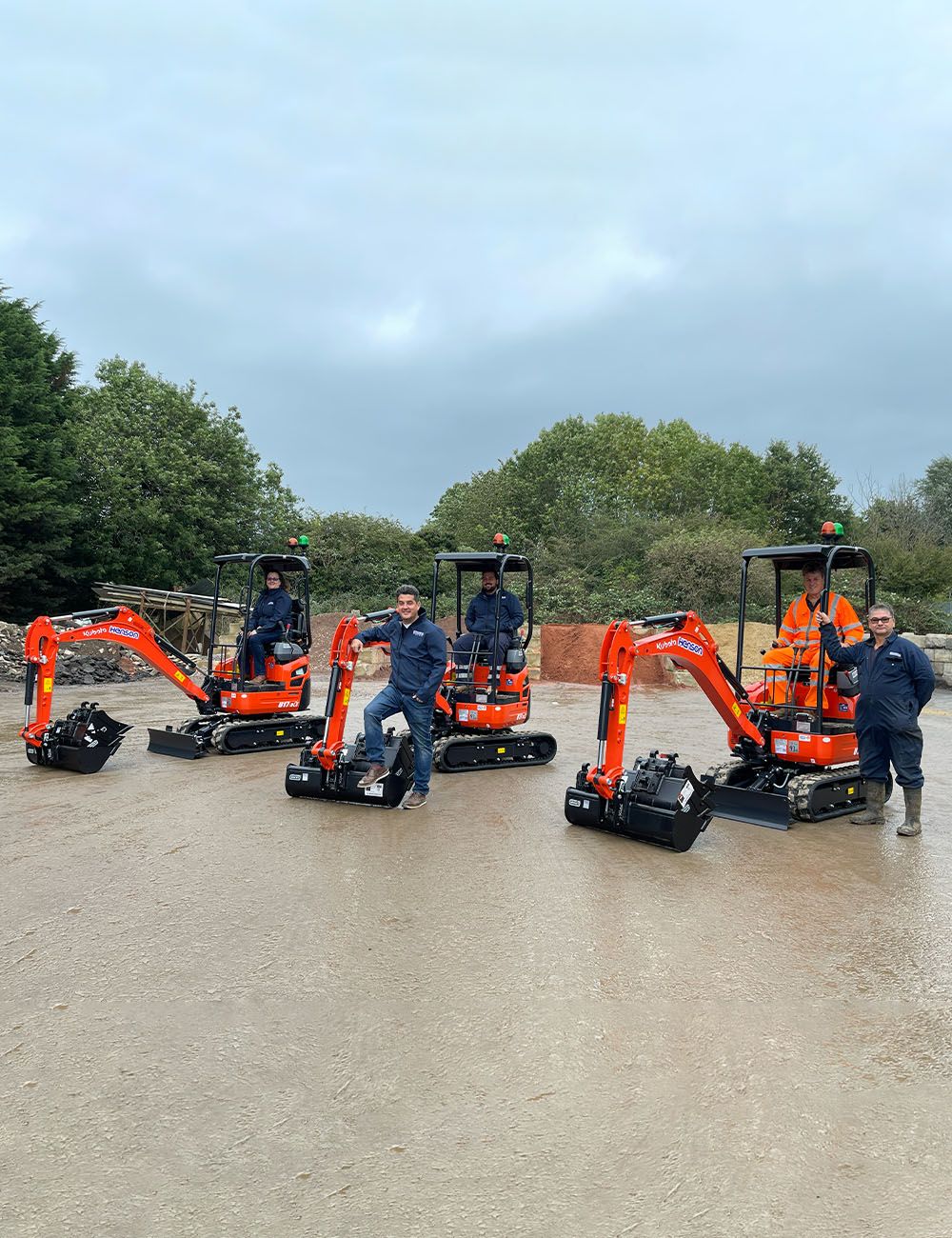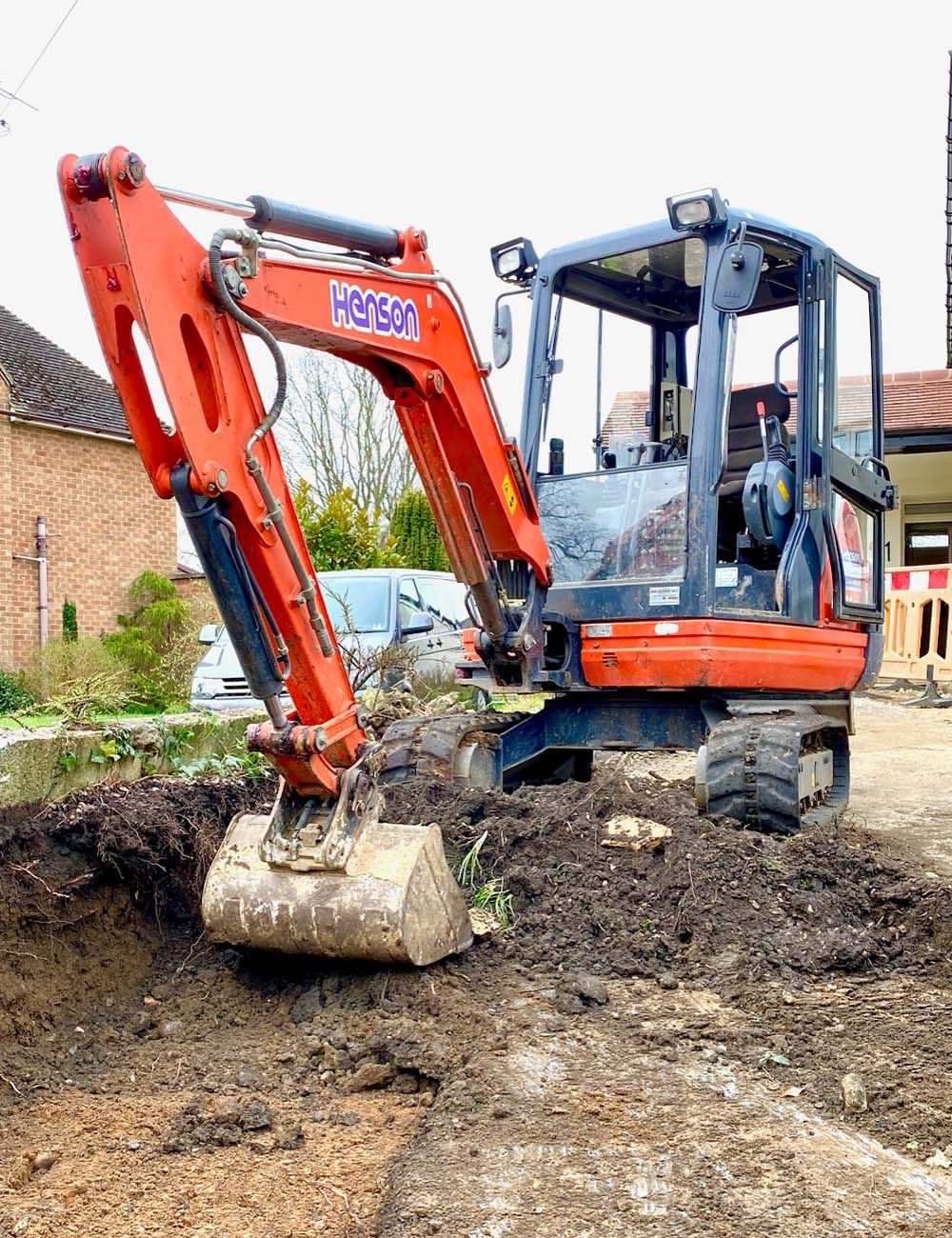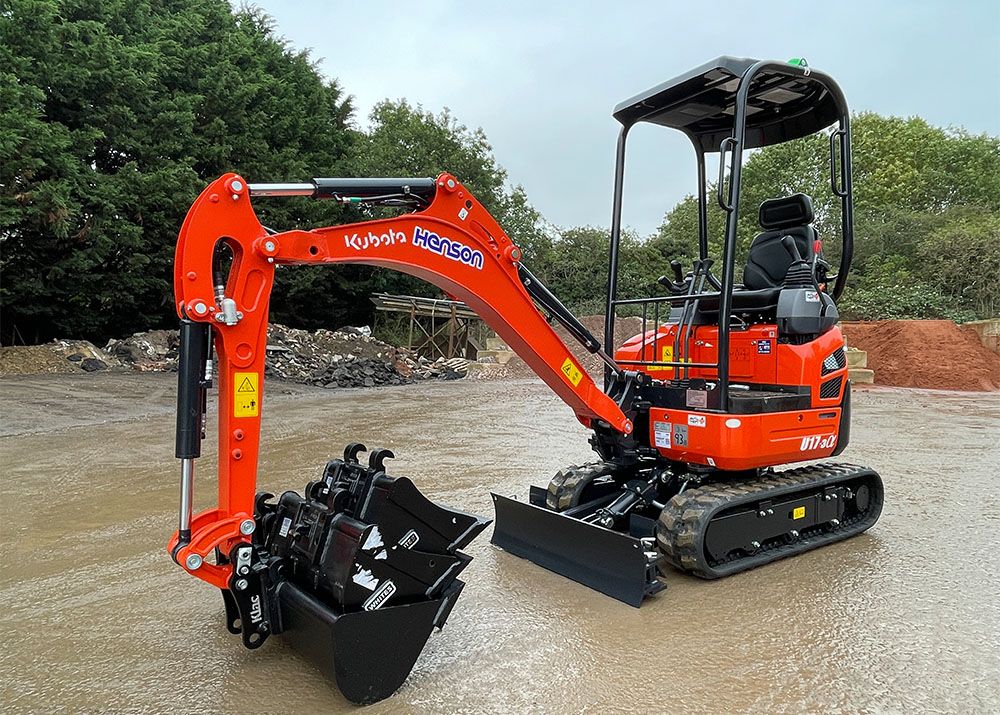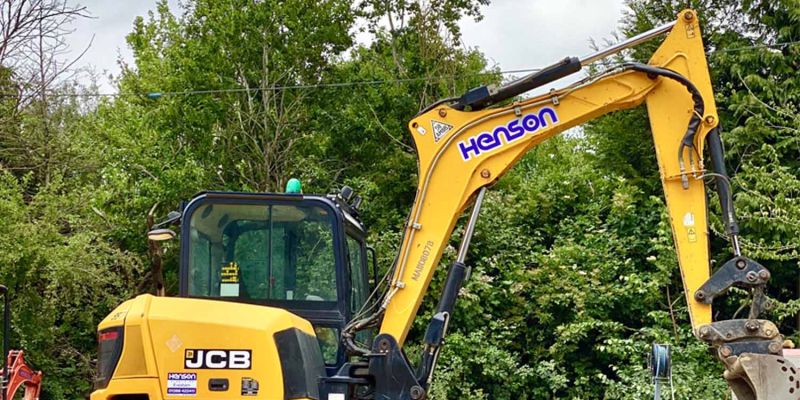
How an excavator can improve efficiency in your project?
Blog
In the dynamic world of construction and large-scale projects, efficiency and productivity become the cornerstones of success. One tool that is often overlooked, yet can significantly boost your project's operations, is the excavator.
This powerful, versatile machine, far from being just a mere digging tool, has the potential to revolutionize your work process. In this blog, we delve into the various ways an excavator can enhance your project efficiency, potentially saving you both time and resources.
So if you're involved in the construction industry or planning a major project, stick with us as we unearth the benefits of incorporating an excavator into your operations.
Henson Plant
With over 30 years of expertise, Henson Plant Hire excels in delivering and executing plant and construction equipment projects in Evesham and the surrounding areas of Worcestershire, South Warwickshire, North Gloucestershire, and the Cotswold.
Our comprehensive range of services covers projects of all scales, from small JCB rentals to large-scale plant hire. Experience excellence in plant and construction equipment with Henson Plant Hire.
Understanding Excavators
What is an excavator?
An excavator is a heavy-duty piece of construction equipment designed to perform a variety of tasks, primarily digging and moving large amounts of material. Its structure typically consists of a rotating platform (known as the "house"), a boom, a dipper, and a bucket, all powered by hydraulic systems.
The house sits atop tracks or wheels, enabling the machine to navigate challenging terrains while maintaining stability. Excavators are utilized in numerous scenarios such as construction, mining, and other large-scale projects, heralded for their efficiency and adaptability.
Different types of excavators and their specific uses
Mini or Compact Excavators
Mini or compact excavators are small-sized machines designed for projects that require precision and accuracy. Weighing up to 6 tons, these excavators are ideal for small-scale construction tasks, landscaping, and utility work. Their compact size allows them to easily navigate tight spaces and urban areas.
Crawler Excavators
Crawler excavators, operating on two endless tracks, are used where stability and balance are paramount. The tracks distribute the excavator's weight evenly, reducing ground pressure and making them perfect for tasks on uneven surfaces or heavy lifting. They are commonly used in mining, road building, and large-scale construction projects.
Long Reach Excavators
Long-reach excavators, notable for their extended arm and boom sections, are used when the project requires work at extended distances. They can reach up to 100 feet horizontally, making them perfect for demolition projects, dredging tasks, or any situation where the machine cannot be placed close to the material.
Dragline Excavators
Dragline excavators are massive machines typically used in large-scale civil engineering, surface mining, and port maintenance. They have a long boom and a bucket that is pulled in by a wire cable for digging and dredging activities. Their size and strength make them ideal for large-scale projects requiring substantial earthmoving.
The Efficiency of Using Excavators
How do excavators enhance work efficiency?
Excavators enhance work efficiency in several ways. Firstly, their ability to perform multiple tasks such as digging, lifting, crushing, and cutting makes them versatile tools, enabling teams to accomplish more with fewer machines.
Moreover, the different types of excavators, each designed for specific tasks and conditions, allow for optimal usage in various scenarios. For instance, mini excavators are perfect for precision tasks in confined spaces, while long-reach excavators are ideal for tasks that require extended reach.
Additionally, the use of hydraulic systems in excavators ensures smooth and efficient operation, significantly reducing the manual labour needed and thereby speeding up the project timeline.
The effect of excavators on work precision
Excavators significantly enhance the precision of work in various tasks and environments. Their advanced hydraulic systems allow for meticulous control over movement and function, ensuring accuracy even in intricate activities.
The range of attachments available, such as buckets, couplers, and grapples, further augments this precision, allowing for tailored functionality according to specific task requirements. The precision offered by excavators minimizes waste and error, leading to improved efficiency and productivity.
Furthermore, certain models are equipped with advanced technologies like GPS and laser-guided systems, providing exceptional precision in depth, angle, and location during operations. This level of precision is especially valuable in tasks such as grading, digging foundations, and trenching where accuracy is paramount.
Tips for Choosing the Right Excavator
When selecting the right excavator for your project, several factors come into play:
Project Needs: Evaluate the specific requirements of your project. Does it require heavy lifting, precision digging, or extensive reach? The nature of the work will determine which type of excavator – mini, crawler, long-reach, or dragline – is best suited for the task.
Job Site Conditions: Consider the terrain and working conditions of your job site. If you’re working on uneven or marshy ground, a crawler excavator may be the best option due to its stability and balance. For tight, urban spaces, a mini excavator would be more appropriate.
Attachment Requirements: The attachments you plan to use with your excavator can also dictate your choice. Ensure that the excavator model you choose is compatible with the attachments you need - buckets, breakers, grapples, etc.
Size of the Excavator: The size of the excavator is crucial. Large excavators can move more material, but they may be harder to transport and operate in tight spaces. Conversely, smaller excavators offer more manoeuvrability but may not provide the power you need for larger projects.
Brand and Model Reliability: Research various brands and models, focusing on their reputation for reliability, performance, and lifespan. Also, consider the availability of spare parts and the support provided by the manufacturer.
Cost-effectiveness: Evaluate the cost-effectiveness of the excavator. This includes not just the upfront purchase or rental price, but also operational costs, maintenance expenses, and resale value.
Keeping these factors in mind will assist you in choosing the right excavator for your project, thereby enhancing your efficiency and productivity.
The benefits of excavators
Using excavators for your project can offer numerous benefits. Firstly, they are incredibly versatile, allowing you to perform multiple tasks with one machine. Secondly, their precision and accuracy reduce costs due to less wastage of materials. Furthermore, they typically require fewer workers, resulting in reduced labour costs and improved safety. Lastly, the variety of operating modes available provides greater control over job performance.
Excavators are also highly efficient, enabling you to finish the project quickly and on budget. The hydraulic systems allow for smooth operation and reduce manual labour, while the attachments enable tailored functionality according to task requirements. Moreover, they can be used in a wide variety of environments and conditions, making them ideal for almost any project.
If you want to view our range of excavators you can head here: Excavators from Henson Plant
Articles
